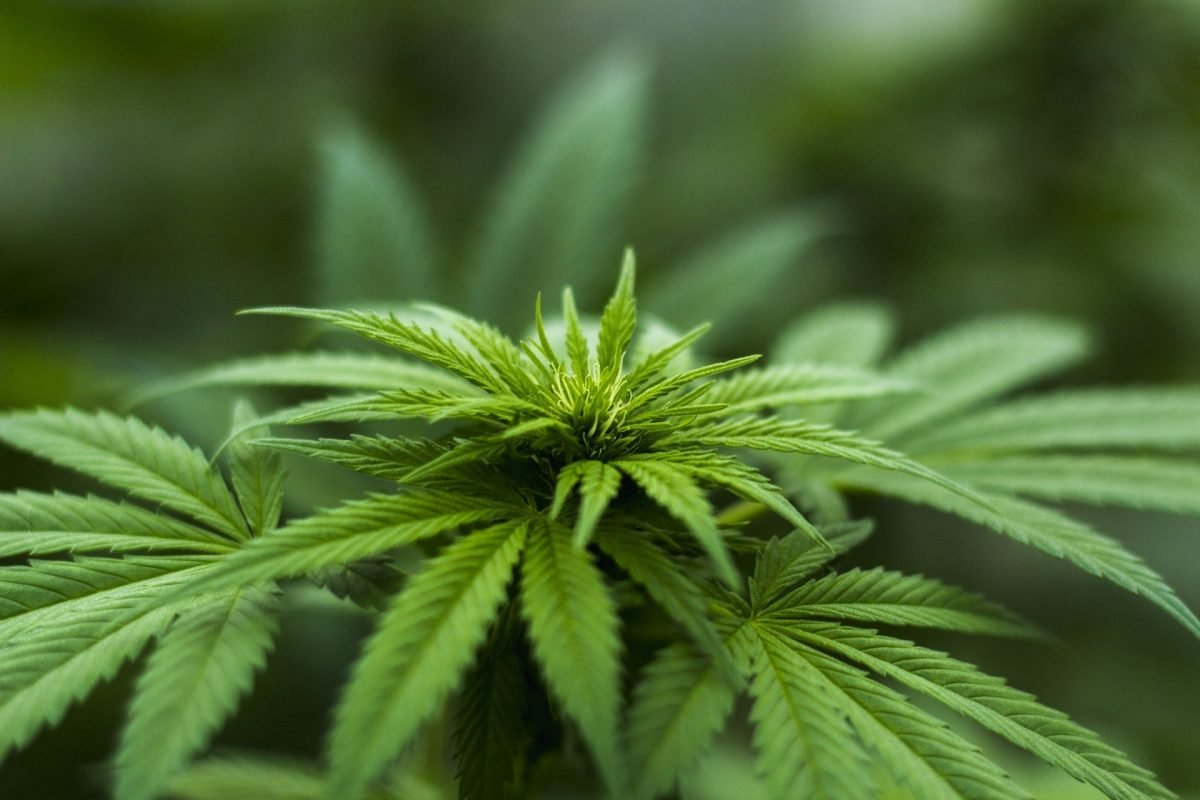Cannabis, CBD, Grow Cannabis, smoking cannabis
Medicinal cannabis could help in behavioral problems of people with autism
In a study of 188 children, more than 80% of parents saw significant or moderate improvement.
The appearance of anecdotal evidence of possible improvements in people with autism who use medicinal cannabis has prompted a study whose results have been published in January in the scientific journal Scientific Reports and which suggests that, in fact, in some cases and always under medical supervision, It could have certain benefits.
From the Ben-Gurion University of the Negev and Soroka Medical Center (Israel), the researchers analyzed the data collected prospectively as part of the treatment program for 188 people with ASD, with an average age of 13 years and treated with medicinal cannabis. Between 2015 and 2017. 27 of them also had epilepsy and seven Attention Deficit Hyperactivity Disorder (ADHD). 155 patients completed the investigation; the rest abandoned it at some point.
Treatment in most patients was based on cannabis oil containing 30% cannabidiol (CBD) and 1.5% tetrahydrocannabinol (THC). Overall, after six months of treatment, 30% of patients reported significant improvement, 53.7% experienced moderate improvement, and only 15% had little or no change.
31.3% of patients had reported a good quality of life before the start of treatment. At six months, good quality of life doubled to 66.8%. Positive mood stood at 42% before treatment and 63.5% after six months.
The ability to dress and shower significantly improved with treatment independently. Only a quarter (26.4%) reported no difficulties before treatment, while 42.9% improved their ability to perform these tasks.
Cannabis oil medication also improved sleep and concentration. Good sleep and concentration were 3.3% and 0%, respectively, at baseline, compared to 24.7% and 14% after this active treatment.
On the other hand, 14.3% did not report any improvement, and 5.9% experienced adverse effects such as problems falling asleep, reflux, loss of appetite or restlessness.
The same researchers suggest that more double-blind studies be conducted to understand better the effects it can produce.
The debate on the legalization of cannabis for medical use
In recent years, a growing number of countries have legalized or are legalizing marijuana for medical use, including the United Kingdom, Greece, Thailand, and some US states. Canada and Uruguay have gone further and have completely liberalized the marijuana industry. Over the past week, Germany has launched its own industry to grow medical cannabis, and Israel has passed a law to allow exports of these products.
In Spain, meanwhile, various organizations, such as the Spanish Observatory of Medicinal Cannabis (OECM), denounces the “laziness” of the political class to regulate the therapeutic use of cannabis, recalling that there is scientific evidence on the benefits it provides to patients and that they have also been identified in this new Israeli study.
Last week, in an interview, the Minister of Health, María Luisa Carcedo, responded to these groups by refusing to legalize their therapeutic consumption, alleging that it is not something “magical.” He explained that “like any other plant, it contains a principle that can be useful in whatever it is, that active ingredient is extracted and applied with an adequate dose, knowing its effect on the body and its possible side effects and it is dosed.”


